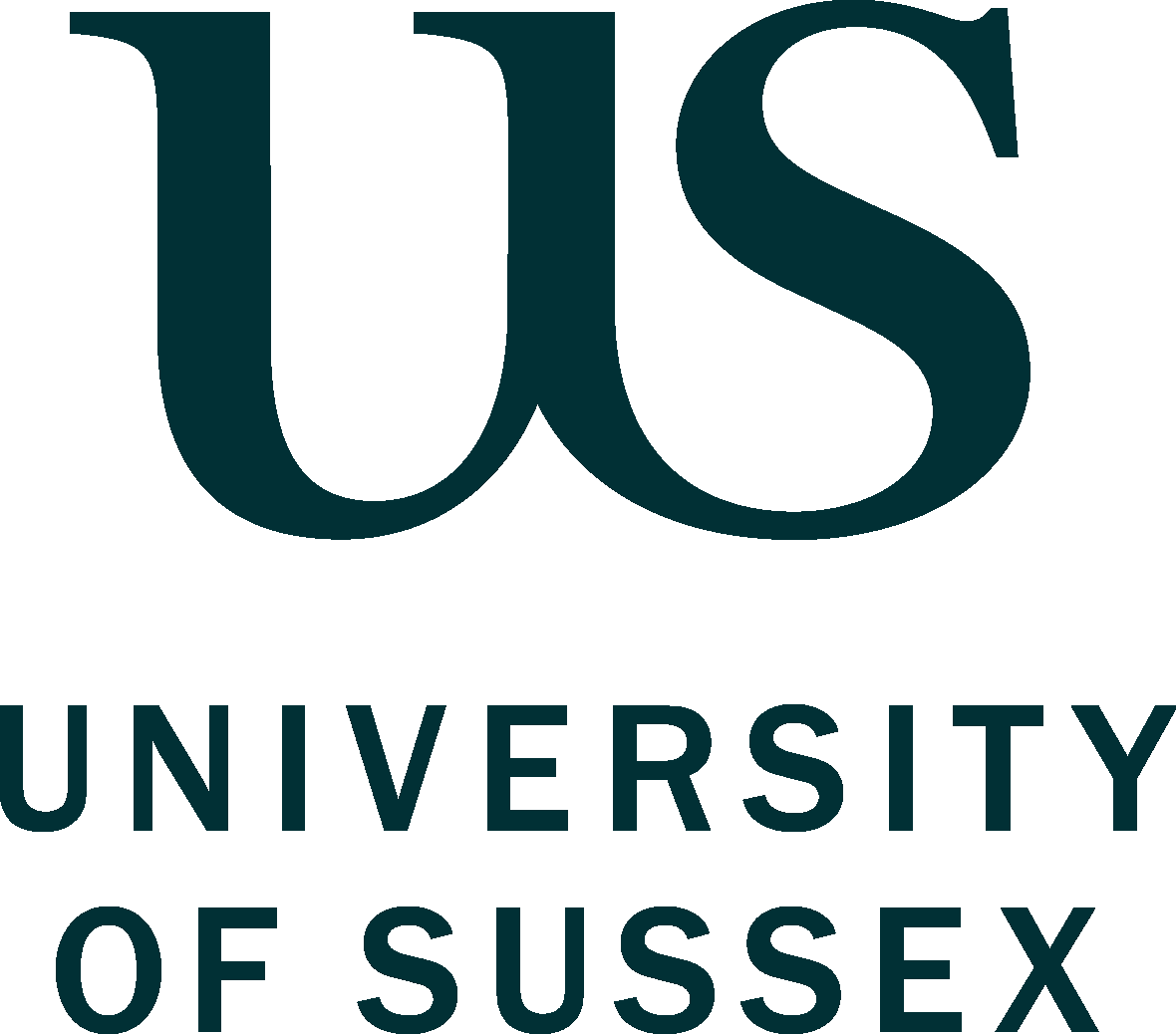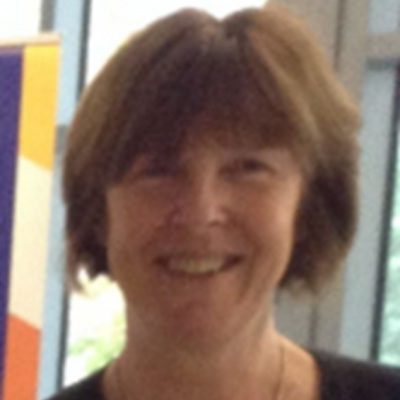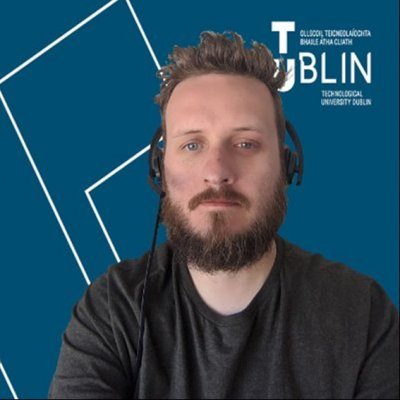‘Operation authentic assessment redesign’: supporting active learning through peer-mentorship within a community of practice
Dr Jen Harvey and Dr Derek Dodd
What is the idea?
Academic staff often lack the time, and the opportunities, to discuss their teaching and assessment practices with colleagues, and have reported a dearth of practical direction on embedding active learning strategies within their taught courses (Centre for Higher Education Research, Policy & Practice, 2019).
In 2021, Technological University (TU) Dublin staff initiated a twin-track structured approach to supporting lecturers to innovate and transform their assessment practices based on the principles of ‘authentic assessment’ and the design of active learning experiences where students engage in the practical application of knowledge, skills, and competencies in scenarios that replicate ‘real-world’ challenges or require the ‘performance of exemplary tasks’. The approach entailed the creation of a ‘scholars and supporters’ peer-mentorship scheme, underpinned by the support of a broader authentic assessment Community of Practice (CoP).
Why this idea?
Research has shown that communities of practice (Wenger, 1998) can be a catalyst for learning within organisations and the engagement of often time-constrained academic staff with meaningful professional and academic development opportunities (Lantz-Andersson et al., 2018; Patton & Parker, 2017). Cognisant of the view that little is known about the effectiveness of ‘artificially created’ (Hara, 2009, p. 5) or ‘arranged’ (Palermo, 2017, p. 20) communities of practice, in 2021 an authentic assessment CoP was established with the aim of facilitating the exchange of practices and ideas between teaching staff interested in further developing an ‘authentic’ approach where students were more actively involved within assessment processes (Kearney & Perkins, 2014). Membership to the community and associated activities was open to all staff. Drawing upon community expertise, a series of weekly practice exchange workshops were organised over the duration of the initiative that aimed to build internal capacity and increase community membership.
To provide a more structured support for staff wishing to make a more substantial change to their assessment and feedback, a scholars and supporters’ scheme was also established, under which individual instructors (‘scholars’) and more experienced academic colleagues (‘supporters’) could apply for small bursaries to participate in a peer practice-exchange and mentorship programme. The redesign scholars and their projects were purposefully selected to provide a diverse and representative reflection of the university’s constituent disciplines. As a result, there was more of a likelihood that at least one of the redesigns would be of interest or relevant to any interested lecturer’s working practice. This also had the benefit of allowing us to group scholars together into disciplinary subgroups, each of which was mentored by a supporter with experience and expertise relevant to their projects.
The initiative sought to provide a range of different opportunities for university staff: academics could drop into CoP workshops of interest or access online resources, Scholars could develop their assessment practices in concrete ways, with input from academic mentors and the broader CoP, culminating in the development of case studies that would inform a set of institutional guidelines and best-practice recommendations for authentic assessment across the university, Supporters could extend their knowledge and experience by engaging with colleagues with a shared interest with different practices or from other disciplines.
This twin-track approach provided participants with a structured and programmatic footing for the sharing of knowledge and practice between community members. Supporters’ who had direct responsibility for advising and mentoring each scholar, reported benefits from both giving and receiving feedback to specific projects and more broadly within an informal ‘outer track’ made up of CoP members. ‘Scholars’ gained access to two comparatively formal and informal peer knowledge and practice exchange ‘tracks’ within the CoP. They also became a kind of central ‘core’ within the comparatively informal CoP, modelling the process of embedding authentic assessment in their (re)designs and sharing their practice, experiences, and reflections in the form of workshop presentations, blog entries, and case studies that could provide a more lasting resource for our broader teaching and learning community.
Active learning outcomes reported within the project assessment redesigns, evidenced a shift towards the provision of authentic workplace-related opportunities for students. Examples cited included students responding to real project briefs, engaging with industry-based technology specialists or industry partners on collaborative projects that focussed on critical thinking and the development of metacognitive skills, obtaining and responding to oral and written feedback from different sources. Evidence of student learning was presented in (e)portfolios, vivas, work-based learning journals and employment reports. All scholars indicated that they planned to continue to develop their redesign work in the following academic year
How could others implement this idea?
Communities of practice can provide a supportive environment for fostering informal learning and the sharing of good practice amongst colleagues, while also allowing for differing levels of participation. Associated workshops or activities, help to encourage practice exchange and build a sense of CoP identity. While the addition of a ‘scholars and supporters’ component permits a more formal peer support and mentoring structure with the benefits of ensuring more tangible results in terms of changes in practice, while also providing an engaging and exemplary focal point for the broader community.
Promote interactions and peer-exchange within the community: We recommend providing a variety of mediums for peer engagement and the sharing of practice and knowledge, such as interactive workshops, ‘masterclasses’ with invited experts, and the asynchronous online sharing of ideas and resources among community members.
Create active contact points and showcase participants’ work: To bridge the connection between the core peer-mentorship group and the broader CoP, this initiative promoted the work of scheme participants by convening ‘meet the scholar’ events in which instructors would provide a presentation on their planned assessment redesigns, followed by a discussion facilitated by their mentor ‘supporter’. For CoP members who could not attend synchronous events, a ‘meet the scholars’ section was added to the scheme’s website, in which each instructor was profiled, and their project detailed. From this page, visitors were then invited to ‘follow the progress’ of each scholar by engaging with their reflective blog.
Develop a framework for practical guidance: In addition to the direct support of their mentors and peers, it can be helpful for the developers of a ‘scholars and supports’ initiative to provide an initial conceptual model or framework to guide participants’ practical work. In this case, an ‘authentic assessment redesign framework’ with four core dimensions was created, not as a prescriptive, linear blueprint for developing authentic assessment but a set of common dimensions to be used as a general guide for assessment (re)design. Members of the scheme and broader CoP would be invited at various stages to contribute to the iteration of this framework, culminating in a set of recommendations·
Adopt a goal-oriented active learning approach: Align the work of participants with a set of agreed targets and goals to be achieved over a specific timeframe. In the case of this initiative, scholars were required to reflect at regular intervals on their progress via a blog and ultimately asked to furnish a case study outlining their project and its development.
Transferability to different contexts
The model adopted here, of combining a formal and informal community of practice and a more structured ‘scholars and supporters’ scheme, could easily be adapted to any context where practitioners seek to come together to share and affect practice, deepen their knowledge and expertise, and build peer relationships with their colleagues. In this specific case, the CoP formed around the shared goal of promoting and developing ‘authentic assessment’ as an active learning strategy, but this approach would be equally applicable to any initiative with the aim of enhancing teaching and learning practices within an educational setting.
- The idea could be transferred to professional development contexts as well as project-based activities in postgraduate or undergraduate courses
- Industry or community partners could be involved as project supporters to enhance authenticity within the programme tasks
- Support for the establishment or creation of professional development related communities of practice can help build institutional capacity, and develop strategic expertise and specialist areas to inform professional practices
Links to tools and resources
- Operation Authentic Assessment Transformation Mini-site: https://tudublinimpact.wordpress.com/authentic-assessment-scholars-supporters-scheme/
- Authentic Assessment in Irish Higher Education: https://hub.teachingandlearning.ie/resource/authentic-assessment-in-irish-higher-education/
References
Centre for Higher Education Research, Policy & Practice. (2019). Active learning strategies for higher education. CHERPP, 1-175.
Hara, N. (2009). Introduction. In N. Hara (Ed.), Communities of practice: Fostering peer-to-peer learning and informal knowledge sharing in the workplace, (pp. 1-6). Springer.
Kearney, S. P., & Perkins, T. (2014). Engaging students through assessment: The success and limitations of the ASPAL (Authentic Self and Peer Assessment for Learning) model. Journal of University Teaching & Learning Practice, 11(3). https://doi.org/10.53761/1.11.3.2
Palermo, C. (2017). The role of higher education in facilitating communities of practice to support health professionals practice. In J. McDonald & A. Cater-Steel (Eds.), Implementing communities of practice in higher education: Dreamers and schemers (pp. 19-28). Springer.
Patton K. & Parker. M. (2017). Teacher education communities of practice: More than a culture of collaboration,” Teaching and Teacher Education, (67), 351–360. https://doi.org/10.1016/j.tate.2017.06.013
Wenger, E. (1998). Communities of practice: Learning, meaning and identity. Cambridge University Press.



